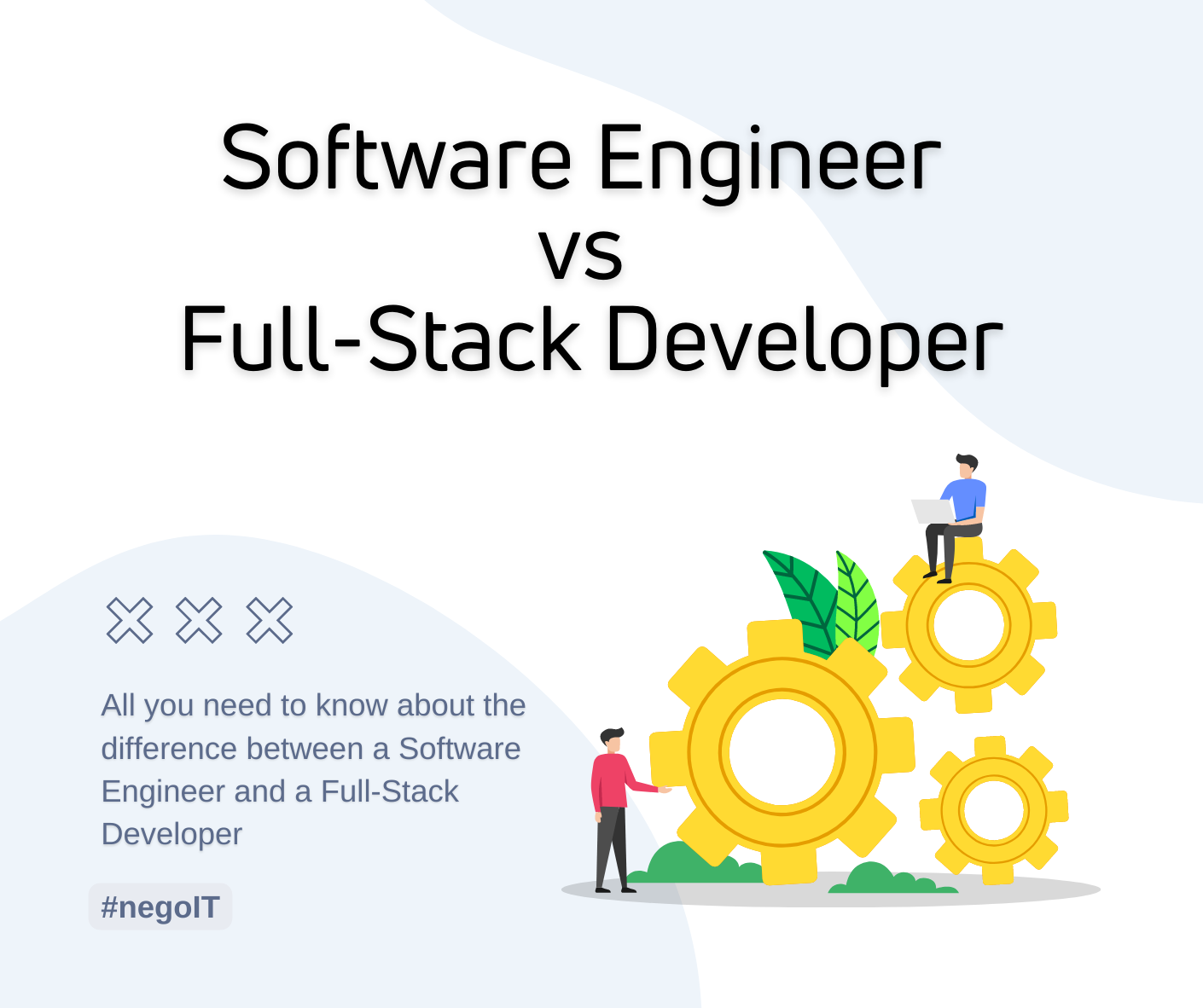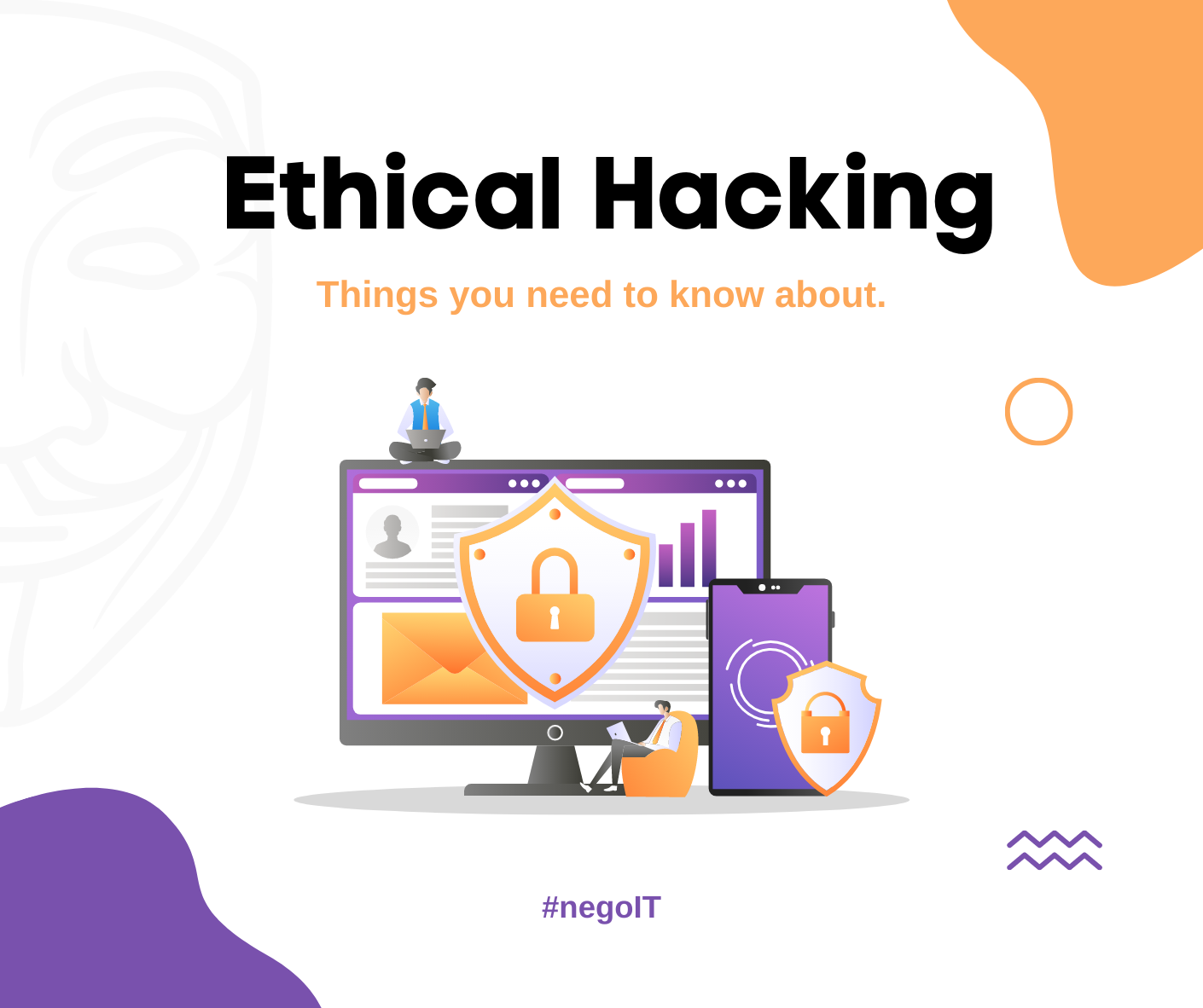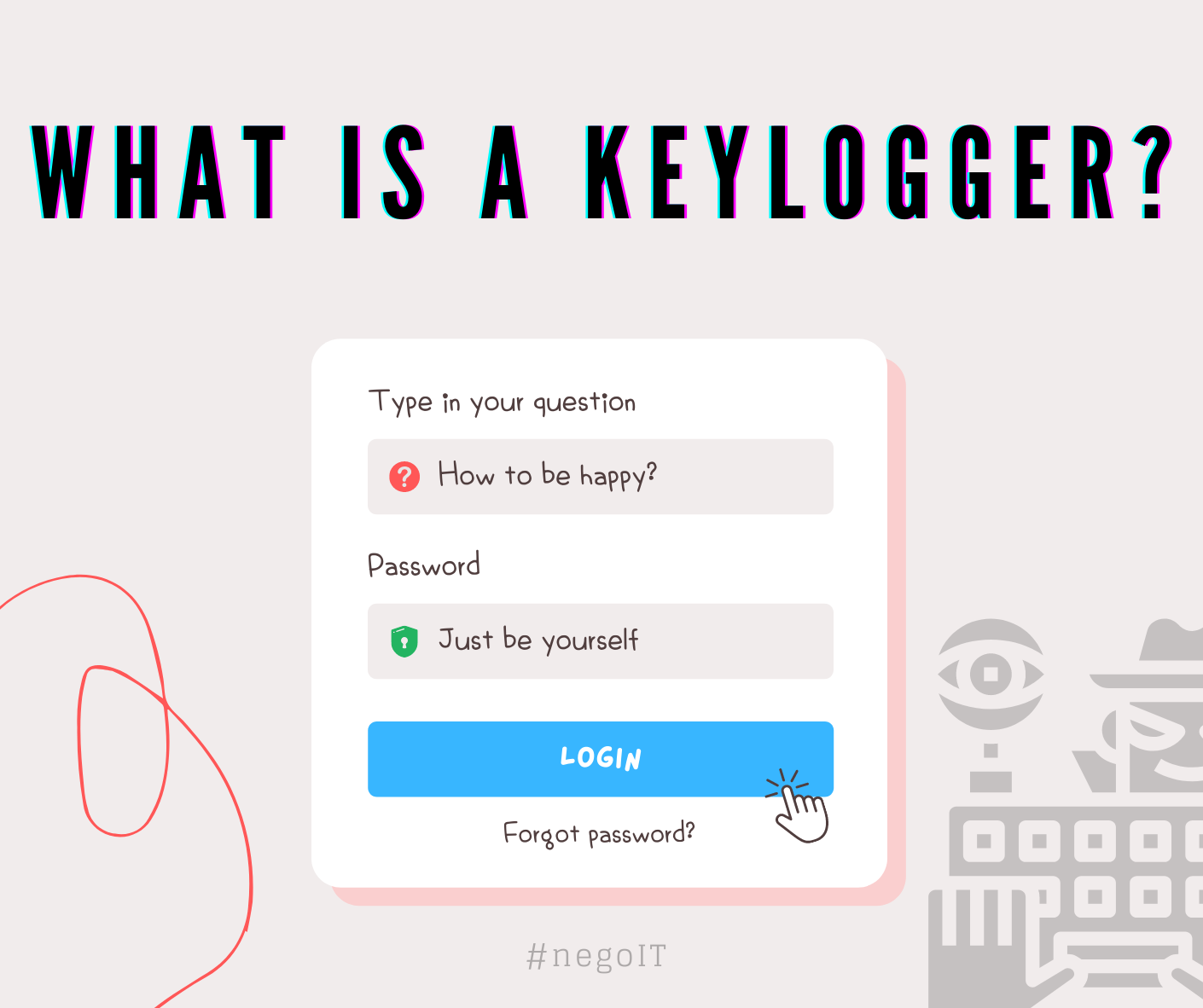
Those looking for new career opportunities, whether new to the industry or professional developers, must understand the terms and responsibilities. This information will assist them in quickly obtaining the best job possible. However, a group of people are desperate for advice on this subject. When it comes to determining if the tasks of a software engineer and a full-stack developer differ, business owners can get stuck. Is that the case, and if so, why and how?
What exactly is a full-stack developer?
Whether you prefer insourcing or outsourcing software development, you must be clear about your actual requirements. And that entails becoming familiar with all of the technical jargon along the way. So, if you've ever wondered if a software engineer and a full-stack developer are the same thing, this brief guide is all you'll need.
A full-stack developer is knowledgeable about both Front End and Back End technologies and best practices. Managing the "front end" entails working on everything visible. In contrast, the "back end" refers to the infrastructure of a website or application. They create designs, code, and interact with customers. They are also involved in developing databases, application programming interfaces (APIs), and servers.
Full-stack developers typically know how to work with various programming languages and multiple frameworks. Many use React, Vue, and Angular on the front end. They occasionally supervise projects and have a say in client consultation and server design and development.
Skills as a full-stack developer
All developers and engineers must have a diverse set of skills. Therefore, it is critical first to assess their technical knowledge and expertise. But it's vital not to overlook the soft skills they'll need to operate and collaborate effectively. Furthermore, being a full-stack developer sometimes entails taking on leadership roles. As a result, they frequently require project management skills. Here's a quick rundown of everything they must cover:
HTML, CSS, and JavaScript are three languages that can create web pages.
Git and GitHub are two of the most popular online collaboration tools.
Python, PHP, Ruby, or Java are examples of back-end programming languages.
web design, web architecture
Storage of databases,
HTTP and REST are two terms used interchangeably.
Finally, they must possess at least some design skills. The abilities we've listed are unavoidable. Keep them in mind while screening IT talent or canvassing BPO (Business Process Outsourcing) firms.
So, what precisely is a software engineer's job description?
A software engineer is a tech expert who is well-versed in programming languages and operating systems and can comprehend and cover the complete software development lifecycle. Their main goal is to use engineering concepts to create specialized systems for their clients. A software developer, for example, can develop native apps for a variety of platforms, including PCs, mobile devices, and even television sets. Java, C#, Swift, and more broad languages like C++, are frequently used.
The skills and responsibilities of a software engineer
Each function, as well as the specific responsibilities that come with it, can differ. Organizations have varying goals and ambitions, and project complexity varies as well. It's similar to a project manager's job description: one company's list of essential responsibilities and daily efforts will not be identical to another's. The same may be said for software engineer responsibilities and skills. However, some are always considered natural talents and must not be ignored. So, here are the significant skillsets that every competent software engineer must-have.
Programming skills in Java, Python, Ruby, and.NET are required.
Debugging and testing software
Object-oriented design (OOD) is a type of design that focuses on
Finally, every software engineer needs excellent organizational skills, a problem-solving mindset, attention to detail, and communication abilities.
So, in a nutshell, their primary responsibilities would include gathering and evaluating user requirements, writing and testing code, developing new applications, refining and merging current ones, and so on.
So, is a full-stack developer or a software engineer better?
Before you go ahead and start hiring, you need to figure out whether you need a software engineer or a full-stack developer. Both roles are fantastic and quite beneficial if you find the right professional. Even so, one may be a better fit for your company and current situation than the other. To detect the difference, you must first examine your requirements:
If you're looking for an MVP,
In the absence of a product manager,
You'd like to hire a potential CTO (Chief Technology Officer).
A disclaimer: many people believe that full-stack developers have superhuman abilities. To be more precise, they're described as being as effective as two, three, or even ten engineers. That isn't so much a tested hypothesis as a desire to reduce expenses and increase production. They are, without a doubt, extremely meticulous, competent, and dynamic. They'll accelerate procedures, reduce time-to-market, and improve outcomes. So if you're low on personnel, don't treat them like godlings and have them labor their fingers to the bone.
The advantages of hiring a software engineer rather than a full stack developer
Yes, both positions offer significant benefits and will significantly improve your workplace. However, here are how the primary benefits of employing a software engineer compare to those of hiring a full-stack developer:
A software engineer is familiar with the languages, technical tools, and frameworks needed to create an app that users can download and install on their devices.
They can solve various problems that arise during the software development process. Their skills can complement and even replace those of a full-stack developer.
Here are a few notable benefits that a full-stack developer will bring to the team:
They're well-versed in all the latest frameworks and platforms and can fit into any development project.
They also learn new things at every stage of the software development life cycle, providing the company with fresh expertise for future endeavors.
These professionals ensure that the team members adhere to the project's planned workflow and timelines.


It's critical to understand the difference between a software engineer and a full-stack developer. That way, whether you're ready to expand your development team or start from scratch, you'll know exactly who you'll need onboard. Understand the variations between various tech jobs and familiarize yourself with the many types of perks each can provide. And begin looking for candidates that meet your company's specific needs.
So, regardless of your category, you've come to the right place. This straightforward guide will inform you of the responsibilities and abilities that each role involves. We'll discuss the similarities and differences between the two.
What exactly is a full-stack developer?
Whether you prefer insourcing or outsourcing software development, you must be clear about your actual requirements. And that entails becoming familiar with all of the technical jargon along the way. So, if you've ever wondered if a software engineer and a full-stack developer are the same thing, this brief guide is all you'll need.
A full-stack developer is knowledgeable about both Front End and Back End technologies and best practices. Managing the "front end" entails working on everything visible. In contrast, the "back end" refers to the infrastructure of a website or application. They create designs, code, and interact with customers. They are also involved in developing databases, application programming interfaces (APIs), and servers.
Full-stack developers typically know how to work with various programming languages and multiple frameworks. Many use React, Vue, and Angular on the front end. They occasionally supervise projects and have a say in client consultation and server design and development.
Skills as a full-stack developer
All developers and engineers must have a diverse set of skills. Therefore, it is critical first to assess their technical knowledge and expertise. But it's vital not to overlook the soft skills they'll need to operate and collaborate effectively. Furthermore, being a full-stack developer sometimes entails taking on leadership roles. As a result, they frequently require project management skills. Here's a quick rundown of everything they must cover:
HTML, CSS, and JavaScript are three languages that can create web pages.
Git and GitHub are two of the most popular online collaboration tools.
Python, PHP, Ruby, or Java are examples of back-end programming languages.
web design, web architecture
Storage of databases,
HTTP and REST are two terms used interchangeably.
Finally, they must possess at least some design skills. The abilities we've listed are unavoidable. Keep them in mind while screening IT talent or canvassing BPO (Business Process Outsourcing) firms.
So, what precisely is a software engineer's job description?
A software engineer is a tech expert who is well-versed in programming languages and operating systems and can comprehend and cover the complete software development lifecycle. Their main goal is to use engineering concepts to create specialized systems for their clients. A software developer, for example, can develop native apps for a variety of platforms, including PCs, mobile devices, and even television sets. Java, C#, Swift, and more broad languages like C++, are frequently used.
The skills and responsibilities of a software engineer
Each function, as well as the specific responsibilities that come with it, can differ. Organizations have varying goals and ambitions, and project complexity varies as well. It's similar to a project manager's job description: one company's list of essential responsibilities and daily efforts will not be identical to another's. The same may be said for software engineer responsibilities and skills. However, some are always considered natural talents and must not be ignored. So, here are the significant skillsets that every competent software engineer must-have.
Programming skills in Java, Python, Ruby, and.NET are required.
Debugging and testing software
Object-oriented design (OOD) is a type of design that focuses on
Finally, every software engineer needs excellent organizational skills, a problem-solving mindset, attention to detail, and communication abilities.
So, in a nutshell, their primary responsibilities would include gathering and evaluating user requirements, writing and testing code, developing new applications, refining and merging current ones, and so on.
So, is a full-stack developer or a software engineer better?
Before you go ahead and start hiring, you need to figure out whether you need a software engineer or a full-stack developer. Both roles are fantastic and quite beneficial if you find the right professional. Even so, one may be a better fit for your company and current situation than the other. To detect the difference, you must first examine your requirements:
If you're looking for an MVP,
In the absence of a product manager,
You'd like to hire a potential CTO (Chief Technology Officer).
A disclaimer: many people believe that full-stack developers have superhuman abilities. To be more precise, they're described as being as effective as two, three, or even ten engineers. That isn't so much a tested hypothesis as a desire to reduce expenses and increase production. They are, without a doubt, extremely meticulous, competent, and dynamic. They'll accelerate procedures, reduce time-to-market, and improve outcomes. So if you're low on personnel, don't treat them like godlings and have them labor their fingers to the bone.
The advantages of hiring a software engineer rather than a full stack developer
Yes, both positions offer significant benefits and will significantly improve your workplace. However, here are how the primary benefits of employing a software engineer compare to those of hiring a full-stack developer:
A software engineer is familiar with the languages, technical tools, and frameworks needed to create an app that users can download and install on their devices.
They can solve various problems that arise during the software development process. Their skills can complement and even replace those of a full-stack developer.
Here are a few notable benefits that a full-stack developer will bring to the team:
They're well-versed in all the latest frameworks and platforms and can fit into any development project.
They also learn new things at every stage of the software development life cycle, providing the company with fresh expertise for future endeavors.
These professionals ensure that the team members adhere to the project's planned workflow and timelines.


It's critical to understand the difference between a software engineer and a full-stack developer. That way, whether you're ready to expand your development team or start from scratch, you'll know exactly who you'll need onboard. Understand the variations between various tech jobs and familiarize yourself with the many types of perks each can provide. And begin looking for candidates that meet your company's specific needs.



There is no any comment yet! Be the first!